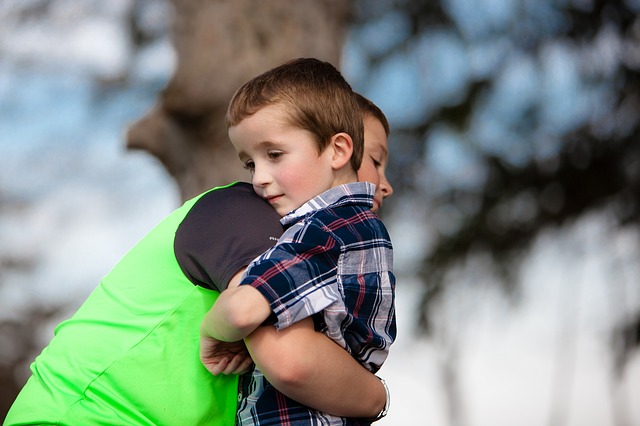Community is especially important in today’s society. To build strong communities, active attention and a helping hand can be extended to youth of all backgrounds. With the opportunity to invest in youth who need the confidence to succeed in the future, volunteers can help provide guidance and assistance to youth in everyday scenarios.
The Friendship Circle is a growing Jewish organization that seeks to help children with special needs. The non-profit organization offers social recreational programs for Jewish children, teens, and young adults, allowing kids who are often misunderstood or discriminated upon because of their needs to experience the basic needs of childhood; scheduled social dates, friendships, and ways to express and connect with other children.
With over 80 locations worldwide, the Upper East Side also hosts a center where I volunteer. The center was founded by Chabad in 2008 and now allows teenagers, like myself, the opportunity to pair with a child for weekly home visits and other social activities events. For example, the organization offers social meetings like Sunday Circle, Miracle Sports League, Hang’n with Friends, Day Camp, holiday celebrations, and other family-focused programs.
Social Interaction is as Beneficial as Therapy
The Friendship Circle confronts the challenges these youth face head on by helping to celebrate the individuality and unique experience of the children with special needs. By incorporating the needs of professional individuals and the insights of the teens and youth volunteers and professionals, the organization can help fit the needs of each individual in the program. Through interaction, the volunteers can lift the spirits of their charges in ways that therapy cannot. In fact, research from the Indiana Resource Center for Autism and studies from the likes of Governors State University have shown that kids with special needs benefit greatly from social interactions with peers without special needs.
The ways in which volunteers can provide positive social interaction for the youths we help to develop include:
Integrated Play Groups — This level of intervention focuses on pairing experienced adult guides typical peers and children with special needs in structured and supportive environment through activities that encourage interaction. Volunteers maintain a consistent schedule, and can coach their at-need peers through play sessions. Encouraging the children with special needs to remain engaged with cues like eye contact and positive language can help the child become familiar with everyday social cues and skills.
Peer Buddy and Peer Tutors — This approach is more based on individual peer-to-peer relationship building. One peer is designated to keep a close watch on their buddy which includes talking to them about their needs, playing with them, and helping them when needed. Strategies like these aim to create opportunities for natural interactions between special needs children and typical peer encounters through incidental learning about normalized social behaviors.
Group-Oriented Contingency — As a more in-depth strategy, group-oriented contingency focuses on training entire classrooms how to improve social behaviors and techniques in the hopes of creating a more inclusive classroom for children with special needs. If teachers have limited personnel, these trainings could be useful ways to encourage the learning and development of special needs students.
Peer Networking — A number of peers can form a social network that helps support children with special needs in the classroom. Peer networks can develop skills needed to welcome, offer direction, and build bonds with these children. In addition, both groups can learn how to initiate positive social conversations.
Pivotal Response Training (PRT) — PRT calls for adults to intervene by using role-play scenarios to train peers to engage in specific behaviors with special needs children. These trainings include taking turns, providing narration for play activities, encouraging conversation, and modeling appropriate social behaviors.
Peer Initiation Training — In these trainings, peers learn techniques that can help initiate interactions from children with special needs. The trainings can focus on ways to get their attention and ways for peers to approach these children with focus on offering to share, requesting assistance amongst other strategies.
Mutual Benefits
Not only does in-need youths gain positive social experiences from this program, but it also helps the volunteers grow, too. Since children with special needs are often stigmatized, it helps build perspective and character into the skills of youth volunteers. I have been able to find a sense of connection, responsibility, and inclusion in spending time with my special needs partner. However, it also allows me to also extend my reach into the greater Jewish community of New York City. As a member of this community, I am being given the mutual opportunity of developing my skills as well as theirs.
I encourage others to volunteer with organizations like The Friendship Circle or start peer-mediated programs in their schools and classrooms. Not only can you build a sense of community and leadership qualities, but you can also build lasting friendships with these kids for years to come.





